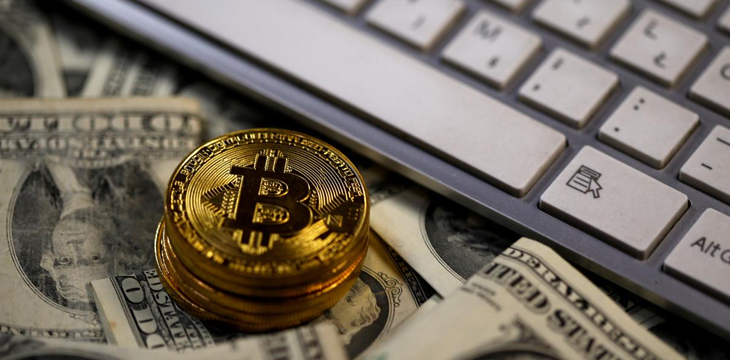|
Getting your Trinity Audio player ready...
|
It appears that the U.S. Secret Service is not too happy with the operation of anonymous cryptocurrencies such as Monero and Zcash. There has been some indication that the department wants to start cracking down on the privacy-oriented digital coins due to the fact that they might be used for illicit activities.
Robert Novy, deputy assistant director in the U.S. Secret Service’s Office of Investigations, asked the Congress last week for assistance in preventing cryptocurrencies such as Monero and Zcash since these have enhanced privacy and anonymity features that can be used for illegal activities like money laundering.
“We should consider additional legislative or regulatory actions to address potential challenges related to anonymity-enhanced cryptocurrencies,” Novy wrote in his written testimony to House of Representatives. The official is also concerned that there are services like tumblers and mixers, which are specifically designed to obscure those transactions on the blockchain.
The remarks came during a hearing on the use of virtual currencies for illicit purposes held by a House Financial Services subcommittee. In his written testimony, Novy said his office is working to combat the use of cryptocurrencies “in criminal schemes that undermine the integrity of financial and payment systems, their use in cases of fraud, and their general use as a means of money laundering.”
“While some digital currencies have operated lawfully, others have been used extensively for illicit activity… The growing illicit use of digital currencies risks undermining the effectiveness of existing U.S. laws and regulations, especially those intended to limit the ability of criminals to profit from their illicit activities,” the official said.
Greg Nevano, deputy assistant director of Illicit Trade, Travel, and Finance Division Homeland Security Investigations, U.S. Immigration and Customs Enforcement, Department of Homeland Security, seconded Novy’s concerns with regards to this class of cryptocurrencies that are deemed as being very secretive.
According to Nevano, “Some newer cryptocurrencies have features that make the tracing of them quite complicated. These new anonymity-enhanced cryptocurrencies are clearly ripe for illicit use in an effort to subvert legitimate law enforcement inquiries. Although it is more difficult to trace the movement of illicit proceeds using these newer anonymity-enhanced cryptocurrencies, it is not impossible.”
Novy encouraged lawmakers to give law enforcement agencies such as the Secret Service greater ability to override businesses or entities that “impede access to digital evidence” by refusing to turn over customer data or devices.
“Continued Congressional attention is warranted to ensure law enforcement agencies maintain lawful access to critical sources of evidence, regardless of where, or in what form, that information is stored,” he added.

 02-22-2026
02-22-2026 




